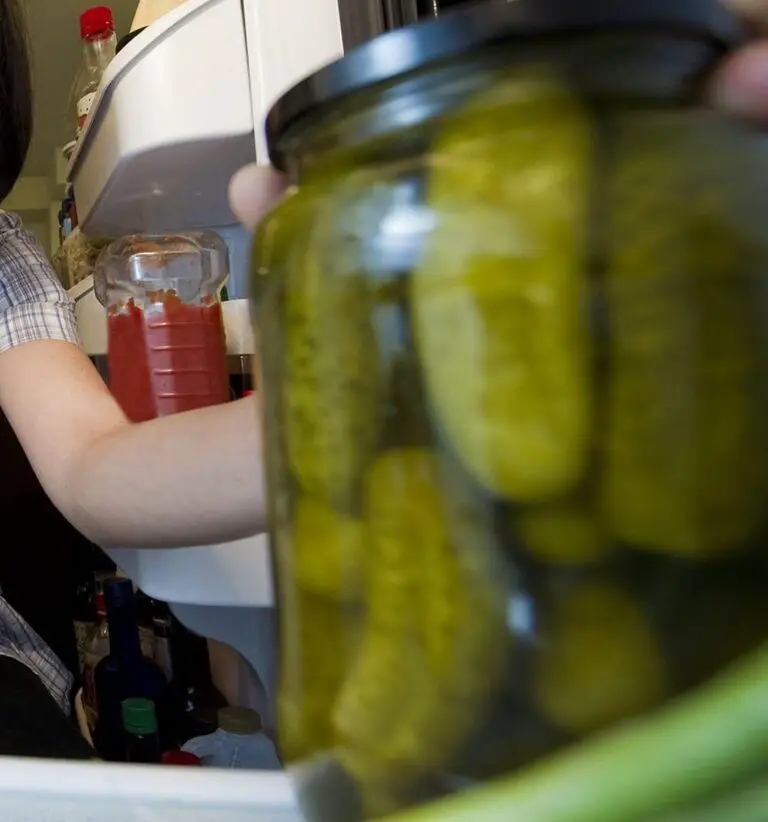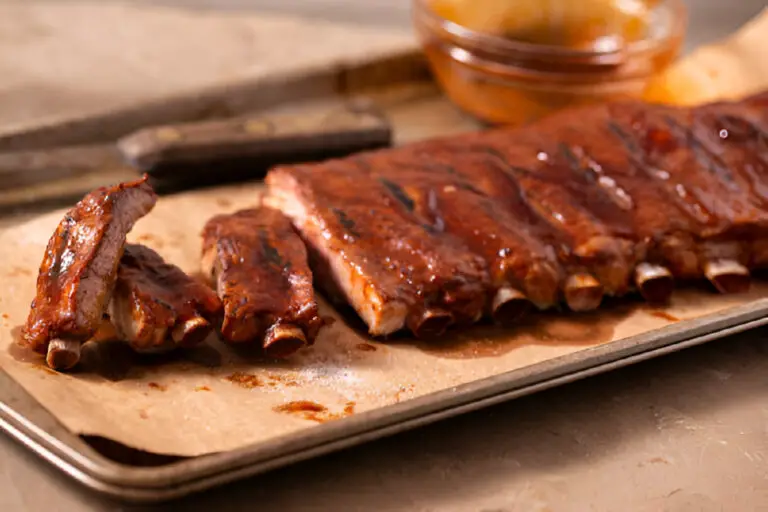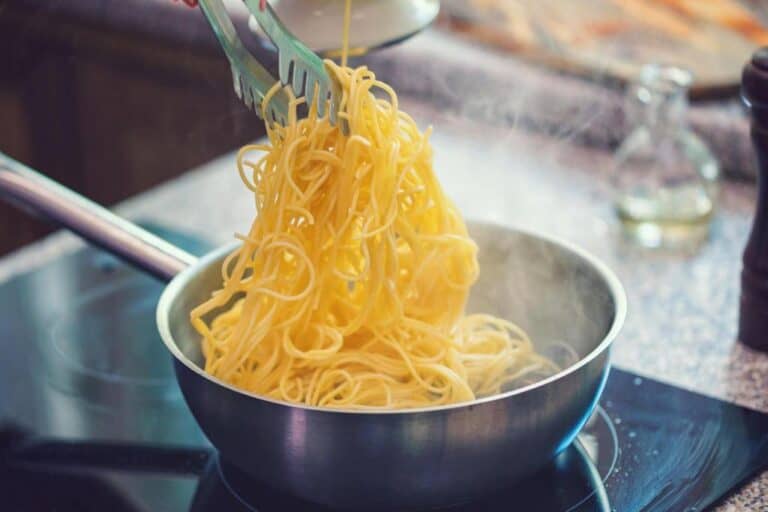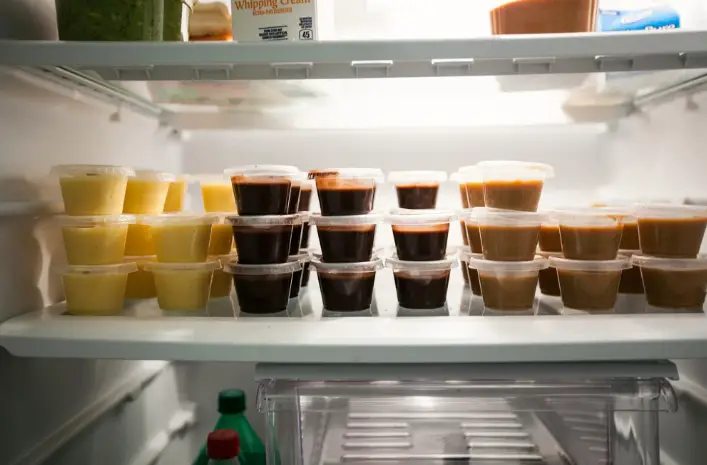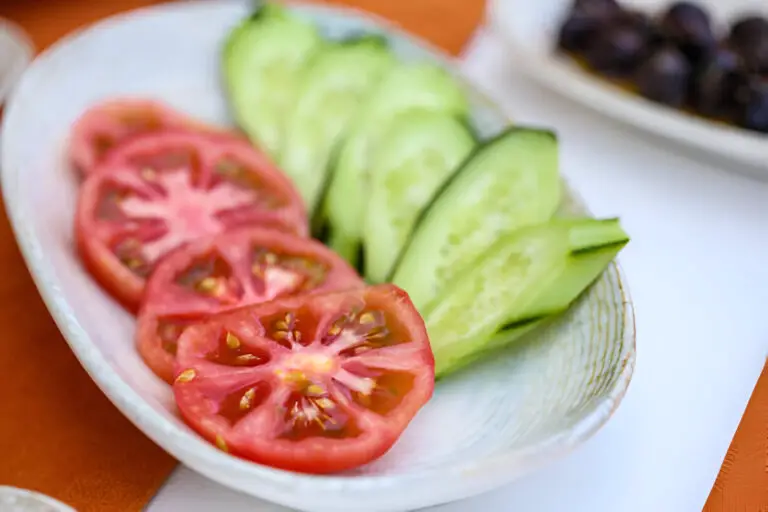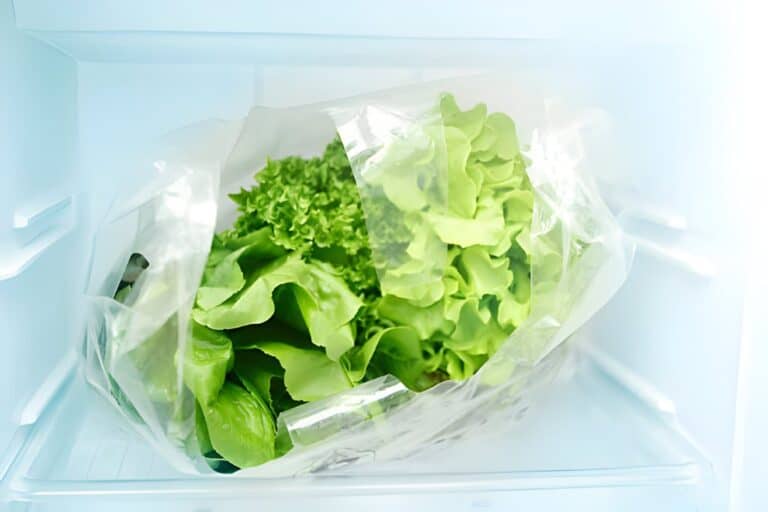Can You Eat Dried Basil Without Cooking It? Tips for Safe Consumption
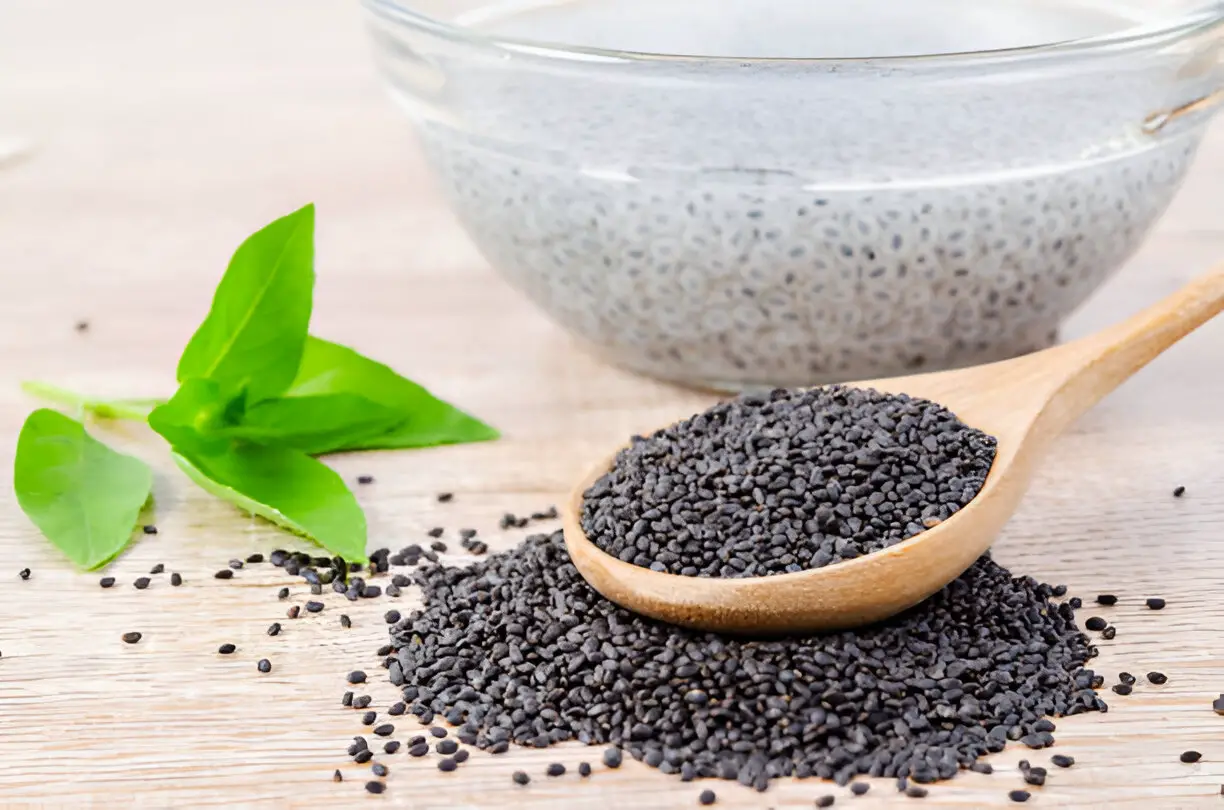
Basil is often hailed as a star ingredient in both fresh and dried forms, lending its earthy, sweet aroma to countless dishes. But what about eating dried basil without cooking it?
Whether you’re sprinkling it over a salad or mixing it into a dip, dried basil can add a burst of flavor. Yet, you might be wondering if it’s safe to consume raw. After all, some herbs require heat to bring out their full potential, both in terms of flavor and safety.
So, can you really eat dried basil without cooking it? What happens when you skip the heat and go straight to sprinkling it on your food? And more importantly, are there any risks to consuming this herb raw? These are the kinds of questions that might cross your mind when you’re reaching for that jar of dried basil.
This article will answer your questions. It will also teach you to safely enjoy dried basil in its uncooked form. Plus, we’ll share a few creative tips on incorporating raw, dried basil into your meals for maximum flavor and health benefits.
Can You Eat Dried Basil Without Cooking It?
Yes, you can eat dried basil without cooking it, but it is generally recommended to use it in cooking to bring out its full flavor. Dried basil is commonly used as a seasoning or added to dishes during the cooking process to allow the flavors to meld together. However, if you prefer to use it raw, you can sprinkle it over salads, pasta dishes, or other cold preparations.
The flavor of dried basil can be quite potent, so it’s often used in smaller quantities compared to fresh basil.
Here are some tips for using dried basil:
- Flavor Intensity: Dried basil is more concentrated than fresh basil, so use it sparingly to avoid overpowering your dish.
- Preparation: Simply sprinkle dried basil over your dish or mix it into sauces and marinades.
- Usage: It’s great for long-cooking recipes like pasta sauces, stews, and soups. The flavors can develop over time.
While you can use dried basil raw, it’s often more effective to add it to your dish during cooking to allow the flavors to integrate fully.
Does Eating Dried Basil Prevent Bloating?
Dried basil may help reduce bloating. Its effect varies by person. Basil, both fresh and dried, contains eugenol. It has anti-inflammatory and digestive benefits.
These compounds can help soothe the digestive tract and reduce gas, which might alleviate bloating. However, while basil can support digestive health, it’s not a guaranteed remedy for everyone.
To maximize the benefits, incorporate dried basil into a balanced diet rich in other herbs and foods known for digestive health. Adding it to dishes like soups or salads can enhance flavor while potentially aiding digestion. However, it’s crucial to consider other factors, such as overall diet and lifestyle, as bloating can result from various causes.
Is Dried Basil and Basil Leaves the Same?
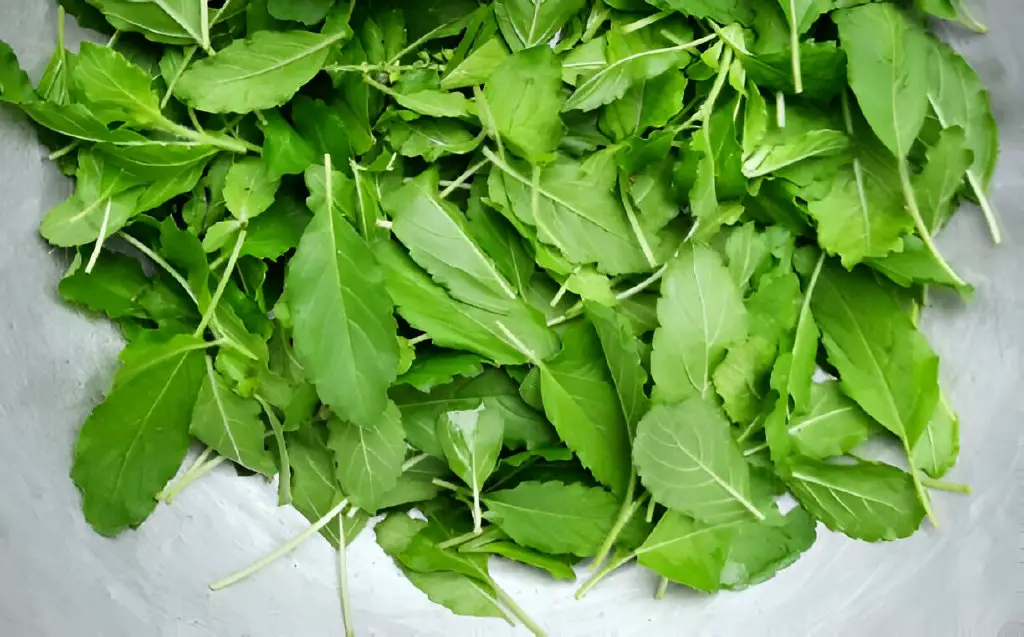
No, dried basil and basil leaves are not the same, although they are both made from the basil plant. Dried basil has a more pungent and minty taste, while fresh basil has a less strong smell.
Hence, it is recommended to only use ⅔ the amount of dried basil as fresh basil, as it can make dishes taste overpowering if so much is used.
Can You Put Dried Basil in Drinking Water?
Yes, you can put dried basil in drinking water to make a hydrating drink. One example is basil berry-infused water, which tastes sweet and hydrating.
Add fresh berries, such as strawberries and blueberries, to the water, along with a few dried basil leaves. This drink stays fresh for a long time and is best served chilled, with some ice.
| Also read: Can You Eat Basil Seeds Without Soaking? |
The Health Benefits of Eating Dried Basil
There are many health benefits to eating dried basil, and more in-depth information on it can be found here.
1. Fights free radical activity
Free radicals are reactive atoms that obtain electrons from other atoms to become stable. They cause a lot of oxidative stress in the body, which can damage cells and lead to cancer.
Basil has water-soluble antioxidants, orientin and vicenin. They protect DNA and delay aging.
2. Skin benefits
Basil has numerous skin benefits, as it is able to clear the skin from within, by removing dirt and impurities. Make a face mask using crushed basil leaves, rose water, and sandalwood paste.
Apply it to the face and let it sit for a while before washing it off with warm water. Basil has anti-inflammatory properties, which clear acne-prone skin from oil and dirt.
3. Reduces symptoms of depression
Essential oil made from basil is popular for helping people manage depression and anxiety symptoms.
It is able to stimulate neurotransmitters that regulate the hormones responsible for depression. Basil is also a powerful adaptogen with immune-boosting properties, which help alleviate stress.
4. Aids in diabetes management
Basil consumption could result in the slow release of blood sugar in diabetic patients. It is also able to reduce the triglyceride and cholesterol levels in the blood, which puts diabetes patients at high risk. The herb also contains a very low glycemic load, making it ideal for diabetic patients to consume.
5. Supports liver function, and aids in detoxification
Basil has the ability to detox the body, which maintains liver health. Basil can prevent excess fat build-up in the liver. It is due to the liver’s role in metabolism and fat digestion. This protects the liver from conditions such as fatty liver, which can lead to lifelong complications.
What Can You Make with Dried Basil?
You can make several delicious recipes with dried basil, such as:
Orange basil juice
This refreshing juice combines the antioxidant properties of oranges and basil, and it is the perfect drink for summer. Since it has no added sugar, it’s a perfect detox drink, and you don’t have to worry about your calorie load either. The juice is made using very few simple ingredients.
Wash fresh oranges to remove any debris, and peel them carefully before adding them to a food processor. Blend until smooth, and add a dash of lemon juice if preferred.
Strain the pulp, and top the drink off with a few dried basil leaves. The juice stays fresh for a long time, and it is best served chilled.
Basil pesto hummus
Mix pesto sauce, dried basil leaves, garlic, and parmesan cheese along with pine nuts in a blender. Blend till smooth, and add chickpeas and salt.
Once it is blended, drizzle with olive oil and a bit of lemon juice. This pesto tastes good with pasta or even pita bread and is the perfect snack dip.

